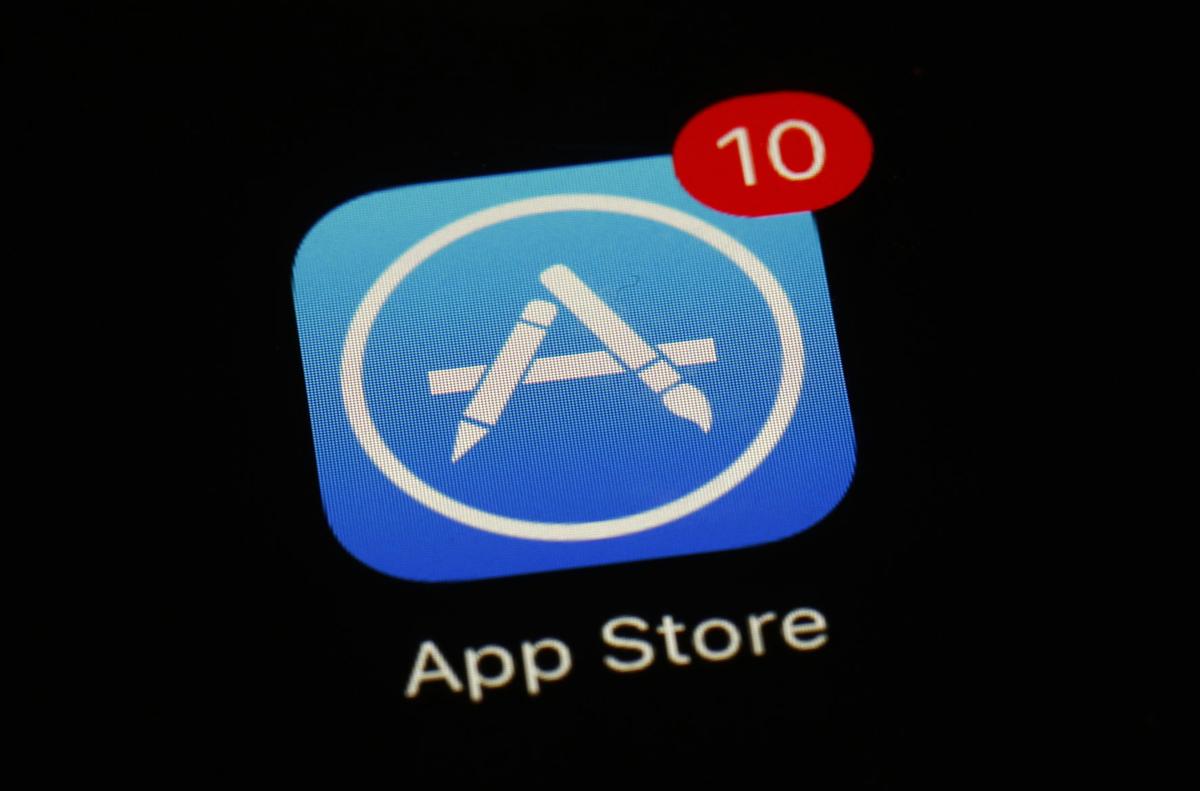УлшжжБВЅ lawmakers are moving to insert themselves into the battle between developers of phone apps and tech giants Apple and Google.
On a 7-6 vote, the House Appropriations Committee on Monday approved legislation designed to free УлшжжБВЅ-based developers from having to use the Apple Store or Google Play to sell their apps. Instead, they would be free to use any system to distribute their programs and get paid for them.
Rep. Regina Cobb, R-Kingman, the sponsor of HB 2005, said itтs not fair that developers trying to reach users of smart phones have to pay commissions that can reach 30% as there is no realistic alternative.
The vote came over objections from Kyle Andeer, the chief compliance officer for Apple. He said the system works, with 83% of app developers paying no fee at all.
More to the point, Andeer said all those developers exist because of programs like Apple Pay, avoiding the need for them to physically create disks, put them on store shelves and then try to get people to go in and purchase them.
People are also reading…
тYet this bill tells Apple it cannot use its own checkout lane and collect a commission in the store we built,т he said.
тThis would allow billion-dollar developers to take all of the app storeтs value for free, even if theyтre selling digital goods, even if theyтre making millions or billions of dollars doing it,т Andeer continued. тThe bill is a government mandate that Apple give away the app store.т
And thereтs something else.
Carl Szabo, vice president of NetChoice, which opposes the legislation, warned lawmakers that the legislation runs afoul of various constitutional provisions, including the Commerce Clause that essentially prohibits states from giving a better treatment to their own residents т in this case, УлшжжБВЅ-based developers т than is available under state law to developers from other states.
But Brandon Kressin representing the Coalition for App Fairness, said УлшжжБВЅ is free to regulate business conducted within its borders. And he brushed aside arguments about interfering with contracts, saying the legislation is prospective only.
And Ryan OтDaniel who represents what he says are small to midsize app developers, said thereтs a benefit to УлшжжБВЅ if Cobbтs measure is approved. He said it will encourage developers to move here as they would get the protections of the new law.
Cobb said state action is needed.
тThe one word that actually addresses whatтs going on is тmonopoly,тт she said.
тThey control the app and donтt allow for any others,т Cobb continued. тAnd thatтs what I consider a monopoly.тт
The key, she said, is that virtually everyone has a phone that uses either the Apple or Googleтs Android operating system. Cobb said that means anyone who wants an app to run a program has to go through the Apple Store or Google Play.
тEach company controls the pipeline and the customer access because of the app,т she said, a power that the companies use.
тWithout access to the app store, developers and companies that depend on the use of these apps would cease to exist,т Cobb continued. тThereтs no alternative place to access the market.т
But Morgan Reed who represents the App Association, said itтs not that simple.
тWe need access to a global market,т he told lawmakers. And he said there are other benefits, like individual developers not having to incur the overhead of managing credit card payments, preventing piracy and dealing with тpatchesт that need to be made to programs.
All that, he said, his members get for 15% of what each user pays for a download.
What this is more about, Reed said, are other internet giants like Spotify and Netflix who donтt want to pay for the services the platforms provide.
David Heinemeier Hasson, a developer, had a different take.
“We nearly had our new email service which launched last summer destroyed by Apple when we refused to pay their 30% tax,” he said, a rate that is about 15 times higher than other processing services. Heinemeier Hasson said it’s no comfort that Apple says that top rate applies only to 17% of developers, showing that proves it’s not uniformly applied.
тAnd thereтs nothing stopping Apple expanding who the tax applies to, or even keeping it at 30%,т he said, with the company free to change the rules at any time for what he said amounts to a тtoll boothт the company operates.
тI donтt know if we ever let a judge from California determine УлшжжБВЅ law,т she said.
Rep. CУЉsar ChУЁvez, D-Phoenix, expressed concern about state lawmakers meddling in what he said is a business dispute. And he noted the issue is in court elsewhere.
тIt is not the obligation or the responsibility of the state legislature to get involved in the midst of litigation,т Chavez said. Anyway, he said, this is something that Congress should take up on a federal level.
тWe have a role to protect our citizens,т countered Rep. Jake Hoffman, R-Queen Creek. Nor did he like the idea of leaving the issue to Congress, calling it тineffective.т
Cobb acknowledged there is a lawsuit over this issue in California. But she urged colleagues not to wait for the outcome of that.
On Twitter: @azcapmedia








